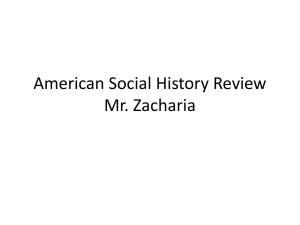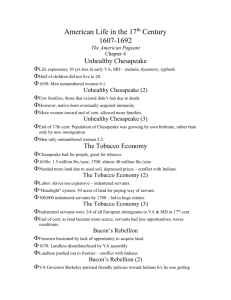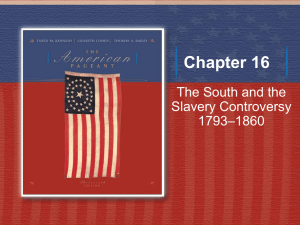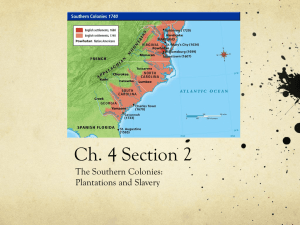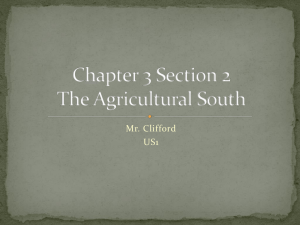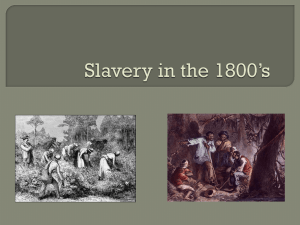Coercive Labor in America
advertisement
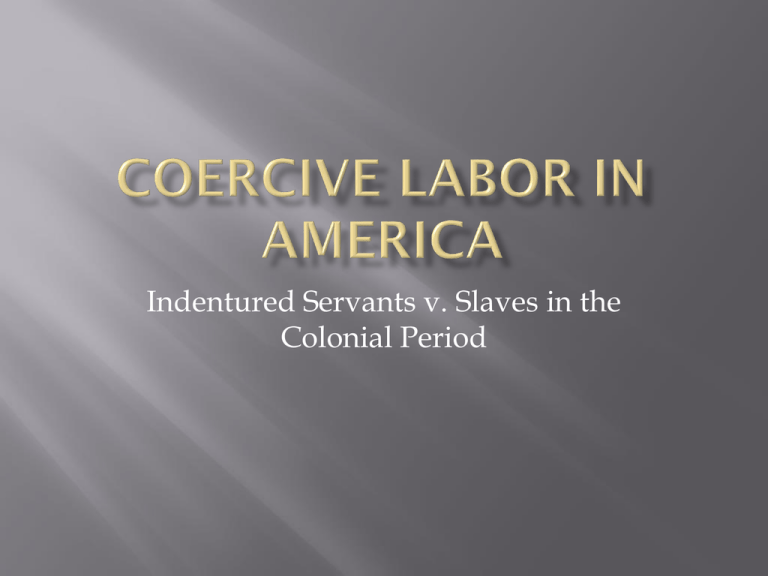
Indentured Servants v. Slaves in the Colonial Period Coercive labor is labor that is coerced… no really. Basically it means labor or work that is gained through use of force or threats. www.dictionary.com defines “indentured servants” as: (noun American History ) a person who came to America and was placed under contract to work for another over a period of time, usually seven years, especially during the 17th to 19th centuries. Generally, indentured servants included redemptioners, victims of religious or political persecution, persons kidnapped for the purpose, convicts, and paupers. Origin: 1665–75 People were required to do four to seven years of work for free passage to the Americas. Unlike slavery, indentured servants were granted their freedom after fulfilling their obligated service. Initially created after failing to force native people into slavery. The servants were often failures in Europecriminals, political prisoners, orphans, and/or unemployed. Strived to be independent artisans or planters. Some became prominent figures, however, most died from disease or overwork before gaining freedom. Those that did survive usually found meager employment. Commonly worked in the same areas of slaves. Many refused to go to the Caribbean www.dictionary.com defines slaves as: –noun 1. a person who is the property of and wholly subject to another; a bond servant. 2. a person entirely under the domination of some influence or person. Most slaves were African, although some were the captured Native Americans The continuing demand for African slave labor arose from the development of plantation agriculture Triangle Trade from west Africa to Caribbean to Europe. Slaves were considered property (not people). Was especially prevalent in the southern British colonies in America (Virginia, Georgia, South Carolina, North Carolina, etc.) and on plantations in Latin and South America. The slaves were treated brutally from ship to shore. Slaves were packed until they had little to no room to move while being transported. Slaves were taken against their will. By 1750 120,000 black slaves tilled Chesapeake tobacco, and another 180,000 cultivated Carolina rice. Mostly worked on tobacco, sugar cane, and cotton plantations Slaves were seen as a resource to the plantation owners and a trade commodity to the slave traders The gender ratio was very off-balance due to higher demand for male slaves. Type of Work/Conditions Slaves had absolutely no say in what kind of work they were to do Sometimes slaves worked from sunrise to sunset with small if any breaks. They worked on plantations, fields, common house work or all three. Compare and Contrast the labor systems in colonial America – Indentured Servants v. Slaves – using a Y-Chart or Venn Diagram
